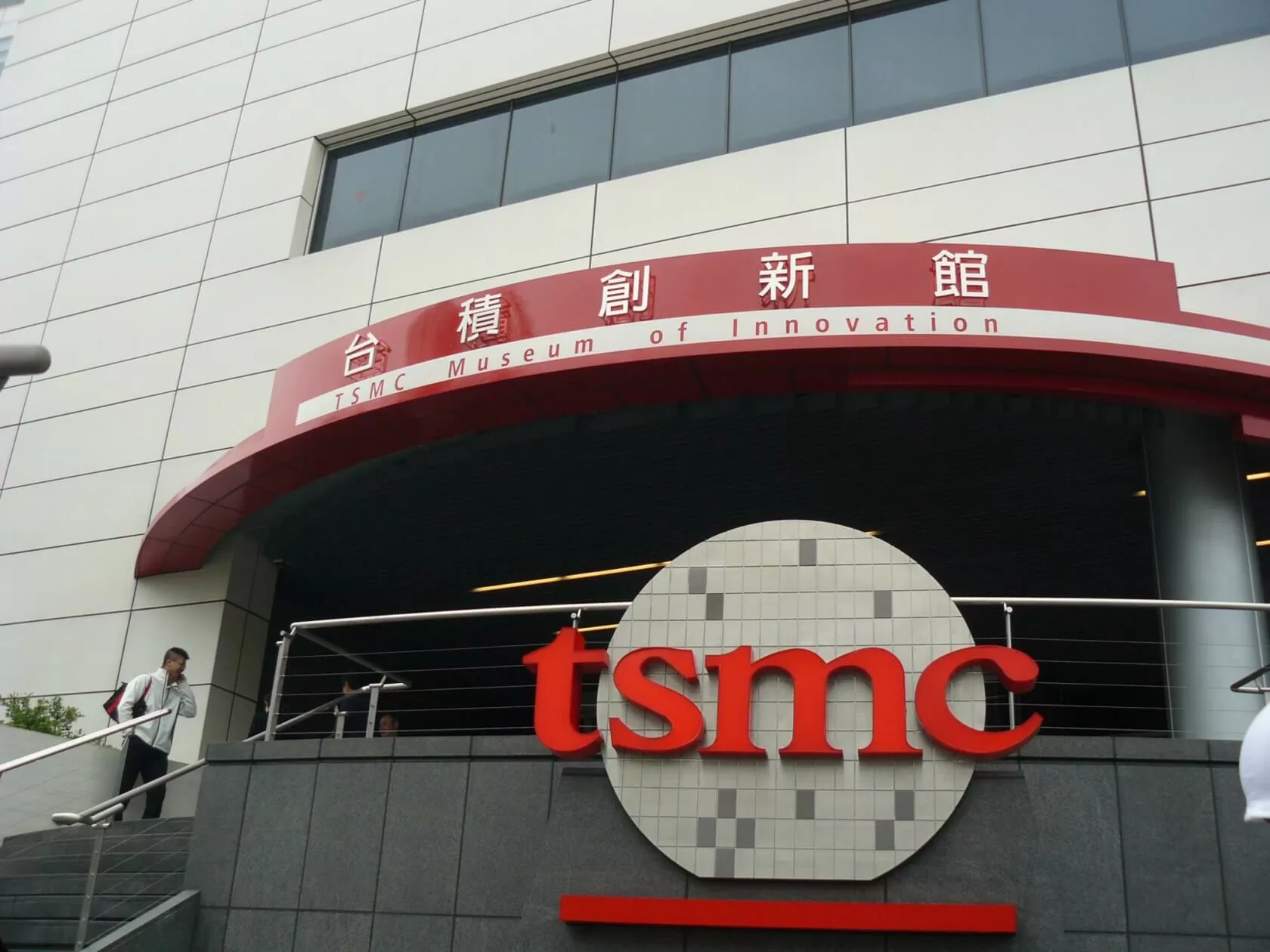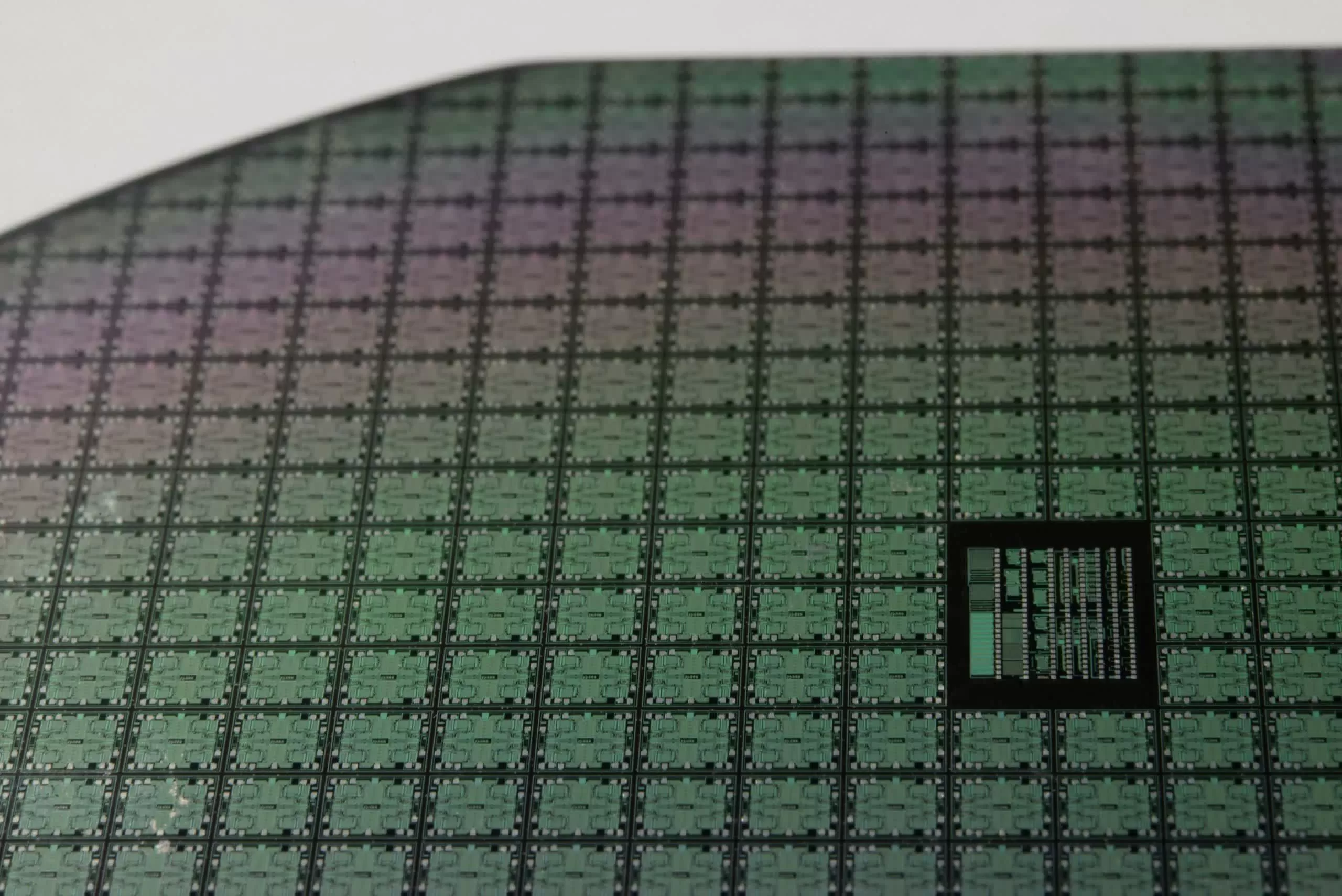In context: Taiwan has alleviated fears that the global semiconductor shortage could worsen by assuring the industry it has enough water to keep local chip makers, including TSMC, supplied until May. President Tsai Ing-wen has asked residents to conserve water as the island faces its worst drought in 56 years after experiencing no typhoons in 2020; it’s usually hit by three or four tropical storms annually.

Speaking to reporters earlier this week, the country’s Minister of Economic Affairs, Wang Mei-hua, said the drought has not yet impacted TSMC or other companies, writes the South China Morning Post. A typical semiconductor manufacturing facility uses two to four million gallons of ultra-pure water per day.
The global semiconductor shortage, which could last until next year, is the main reason new PC hardware and game consoles are so difficult to find right now—Qualcomm’s incoming CEO says the situation keeps him up at night. It’s also having a devastating effect on the automotive industry, which reduced chip orders at the start of the pandemic and is now struggling to meet demand. With many carmakers pausing vehicle production, US, Japanese and European officials are reportedly urging Taiwan to do all it can to keep the supply of chips steady.

TSMC spokesperson Nina Kao said the company has reduced its usage and ordered small amounts of water by the truckload in preparation for any restrictions. Any further chip production interruptions, like those caused by Texas fabs temporarily closing due to extreme weather, would exacerbate an already difficult situation. Still, it sounds as if TSMC is prepared for the worst.
Taiwan recently implemented conservation measures that have helped it save 701 million tons of water, ensuring enough supply until May with an additional one month’s reserve. By that point, the monsoon rains should have arrived.
https://www.techspot.com/news/88868-taiwan-tsmc-led-semiconductor-industry-has-enough-water.html